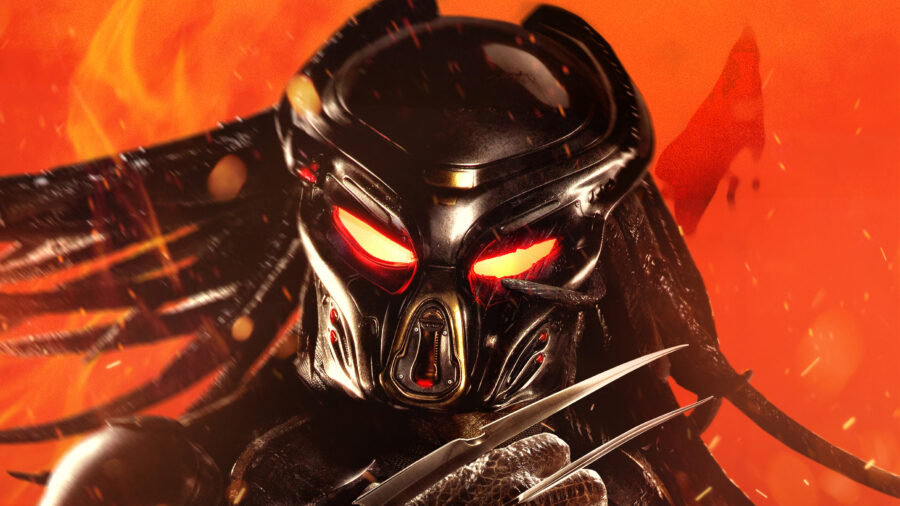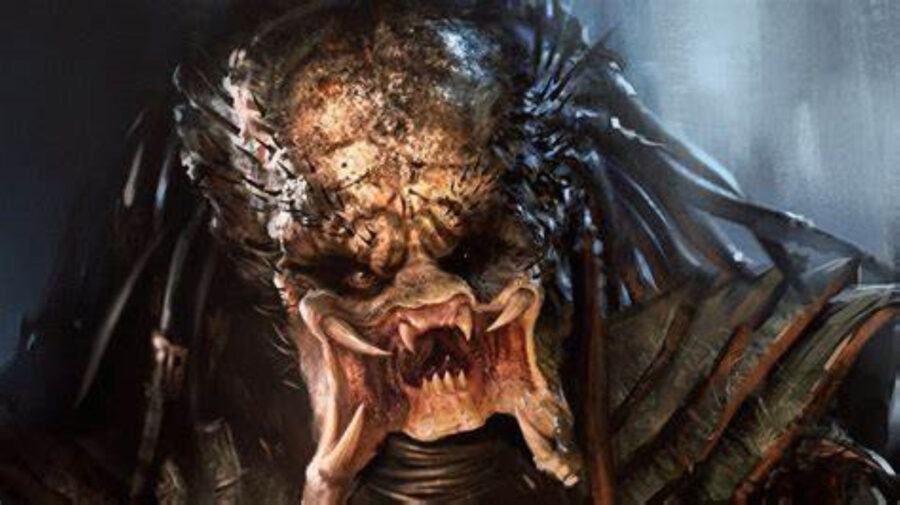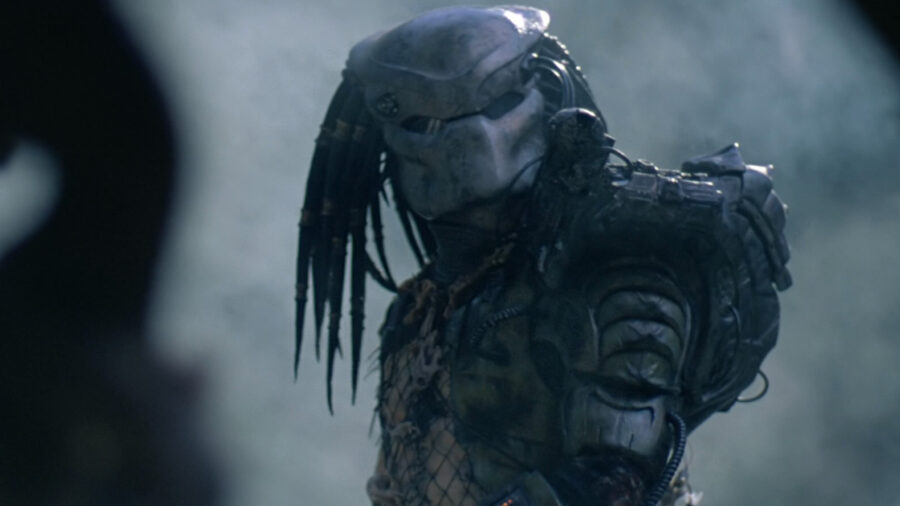Predator Creators Are Suing Disney
The creators of Predator are suing Disney, and their reason for doing so is one a lot of fans could potentially agree with. Here's the story.
This article is more than 2 years old

Screenwriters Jim and John Thomas are suing Disney for ignoring a termination notice it was served all the way back in 2016 regarding the rights surrounding Predator. With the rights to Predator scheduled to expire tomorrow (April 17th), and a new installment to the franchise reportedly in the works, Disney’s 20th Century unit is prepared to contest the Thomas brothers’ termination right.
Intellectual property law follows an equitably cut-and-dried set of rules. Rights are contractual. They are transferred between parties by means of transactions. And the studio owns the rights to any screenplay it’s optioned. The Copyright Act of 1976 stipulates, however, that the rights must revest in the writers 35 years after the contract was signed. This allows creators the chance to renegotiate deals and regain the rights to previously licensed works. In copyright law, this is referred to as the author’s termination right. The film industry has seen many a screenwriter judiciously terminate grants, facing the occasional Hollywood studio in a series of lengthy courtroom engagements. With several 80s classics soon to fall prey to the termination provision, movie companies are in disarray, fighting to retain legal claims over their manifold hit franchises. The creators of Predator, the 1987 cult classic starring Arnold Schwarzenegger, are the latest to engage Hollywood in court for control of their films.
As per copyright law, Jim and John Thomas mailed Disney a termination notice in 2016 for reacquisition of the Predator (originally titled Hunters) brand. Alternative notices were sent when the brothers didn’t hear back. After four and a half years of radio silence, Jim and John Thomas assumed, within reason, the contract termination would be going as planned. Not quite. Disney’s 20th Century unit finally responded to the notice in January, claiming its previous settlement included a provision that qualified the company to delay termination and use the property a while longer.

The screenwriters, however, emphasized the supposed provision is more theoretical than anything. The brothers’ complaint reads: “Defendants’ counsel unexpectedly contacted Plaintiffs’ counsel, contesting the Termination Notice as supposedly untimely, based on a theory that the 1986 Grant of the Screenplay underlying their Predator films allegedly qualified for the special, delayed termination time ‘window’ in 17 U.S.C. § 203(a)(3), intended for ‘book publication’ grants.”
Sounds like corporate hogwash? The brothers seem to think so. Dissatisfied with Disney’s response regarding Predator, they are now requesting the courts for declaratory relief. In cases of jurisdictional limbo, defendants may petition to receive court-issued judgment on a previous deal after retreading the rights and obligations of both parties. The decision is legally binding and made at the presiding judge’s full discretion.

Disney filed a lawsuit against the Predator brothers within hours of the request, claiming statutory requirements haven’t been met, thus making the termination invalid. The company’s 20th Century division writes:
“While federal statutory copyright law endows certain grantors, like defendants (the Thomas brothers), with copyright termination rights, such rights may only be exercised in accordance with the statute’s requirements, including provisions delineating when termination notices may be served and when the termination of rights becomes effective. Defendants’ notices fail to comply with these statutory requirements and are invalid as a matter of law. 20th Century seeks a declaration pursuant to 28 U.S.C. § 2201 that defendants’ notices of termination are invalid. This action is necessary because defendants are improperly attempting to prematurely terminate 20th Century’s rights to the Hunters Screenplay, at the very time that 20th Century is investing substantial time, money, and effort in developing another installment in its successful Predator franchise.”
The writers of Predator have yet to issue a response.
Jim and John Thomas are represented by veteran intellectual property rights lawyer Marc Toberoff, known in entertainment legal circles for helping Friday the 13th writer Victor Miller secure a win against producer Sean Cunningham with regards to his screenplay’s own termination right. Disney is represented by renowned firm O’Melveny, led by litigators Daniel Petrocelli, Molly Lens, and Kendall Turner. Toberoff had previously locked horns with Petrocelli over the comic book rights to Superman, resulting in a California federal judge siding with O’Melveny over Toberoff’s alleged courtroom misconduct. Petrocelli represented Warner Bros. while Toberoff served as lead lawyer of Jerry Siegel and Joe Shuster’s estates.

The original Predator has spawned three sequels, two crossover films (with Alien), and several more comic books, novels, video games, and other related spinoffs, including a cameo appearance as a playable character in Mortal Kombat X. A fifth major installment directed by 10 Cloverfield Lane’s Dan Trachtenberg is currently in development at Disney. An animated Netflix series may also be in the works. Predator was originally owned by 20th Century Fox, prior to Disney’s $73.1 billion acquisition of the latter’s television and movie assets in 2019. An action multiplayer entitled Predator: Hunting Grounds was released last year on PlayStation 4 and PC. There’s a lot of incentive to resolve this case around Predator which is mired in the weeds right now.












